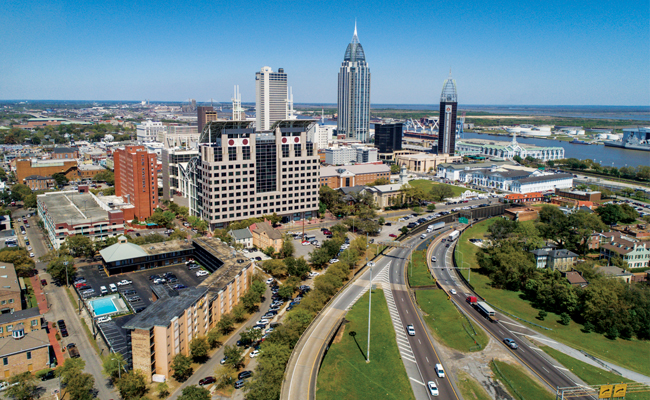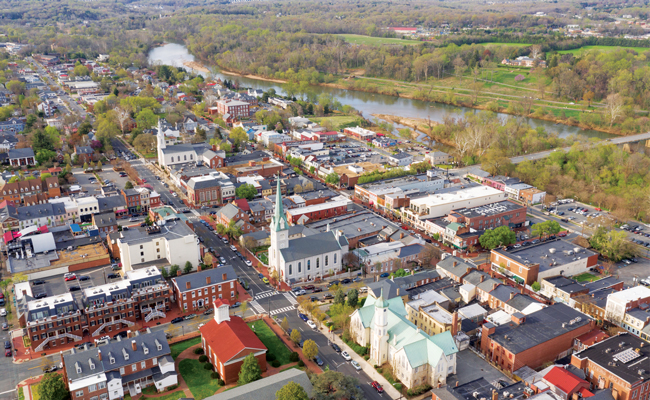The coronavirus has caused 30.3 million jobs to disappear and has essentially destroyed all the U.S. jobs that have been gained since the Great Recession. But the job markets in some states have been hit particularly hard by the pandemic, according to a WalletHub survey.
"Not all states have experienced the same levels of unemployment due to the pandemic," WalletHub said in a report released today that compared unemployment figures since the pandemic started to the same periods a year earlier.
The data points to varying impacts on jobs across the nation, where the response to Covid-19 have predominantly been controlled at the state level.
The report noted that while much of the nation's economy remains in lockdown, the full reopening of the economy will take some time as each state decides for itself on when and how fast to reopen schools, businesses and society in general.
"Though some states are already relaxing certain social distancing restrictions or are planning to soon, a full reopening of the economy still seems far off," the report said. "Americans should expect to see incremental change, as recommended by the White House, rather than a sudden jump back to normalcy."
The survey looked at unemployment claims during the week of April 20 and compared them to data from a year earlier and since January.
Among the findings was that the nation's "red" states have been hurt more than "blue" states, with the Republican-leaning states holding an average rank of 22.5 on the list of most impacted states, and the Democratic-leaning states having an average rank of 31.
The survey also found that states with the most Covid-19 cases did not rank high in terms of job impact. New York, with the most Covid-19 cases in the nation, ranked 40th on the list. New Jersey, with the second most national cases, ranked 51st.
The following states, in descending order, suffered the largest increase in unemployment in the week studied, according to WalletHub:
10. Alabama
The state's unemployment claims jumped 3,242% from a year ago, and 1,242% since January.

9. Mississippi
The state's unemployment claims jumped 2,012% from a year ago, and 2,942% since January.

8. West Virginia
The state's unemployment claims jumped 3,073% from a year ago, and 1,791% since January.

7. Virginia
The state's unemployment claims jumped 3,435% from a year ago, and 2,222% since January.

6. South Dakota
The state's unemployment claims jumped 4,176% from a year ago, and 1,254% since January.

5. North Carolina
The state's unemployment claims jumped 3,330% from a year ago, and 2,671% since January.

4. Louisiana
The state's unemployment claims jumped 3,159% from a year ago, and 3,890% since January.

3. Kentucky
The state's unemployment claims jumped 5,192% from a year ago, and 1,655% since January.

2. Georgia
The state's unemployment claims jumped 5,841% from a year ago, and 1,452% since January.

1. Florida
The state's unemployment claims jumped 7,229% from a year ago, and 9,264% since January.

The full report can be viewed here.








